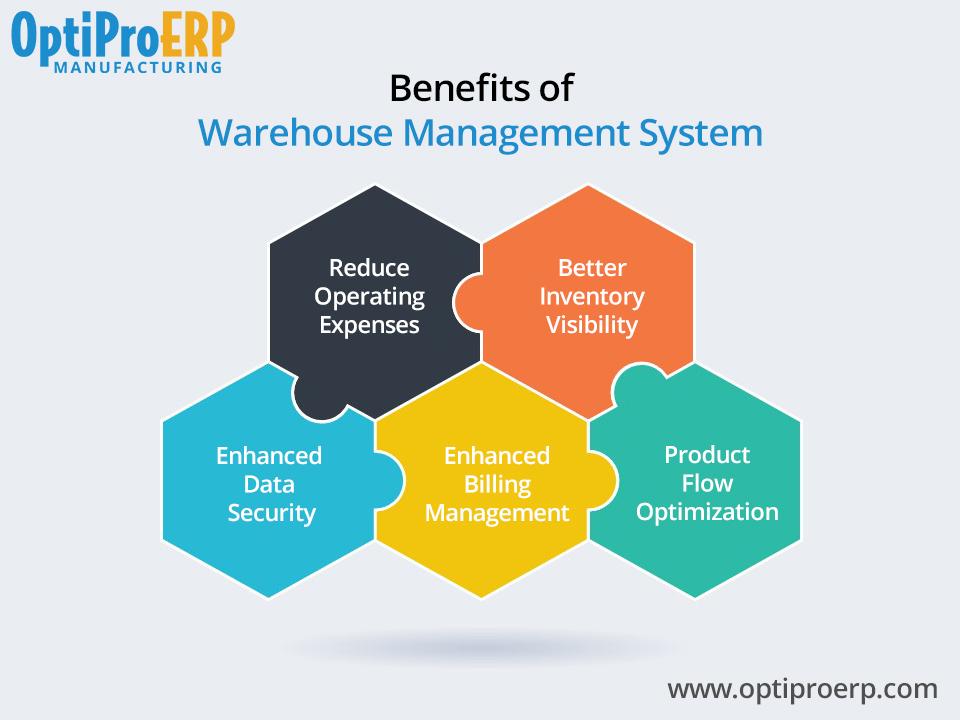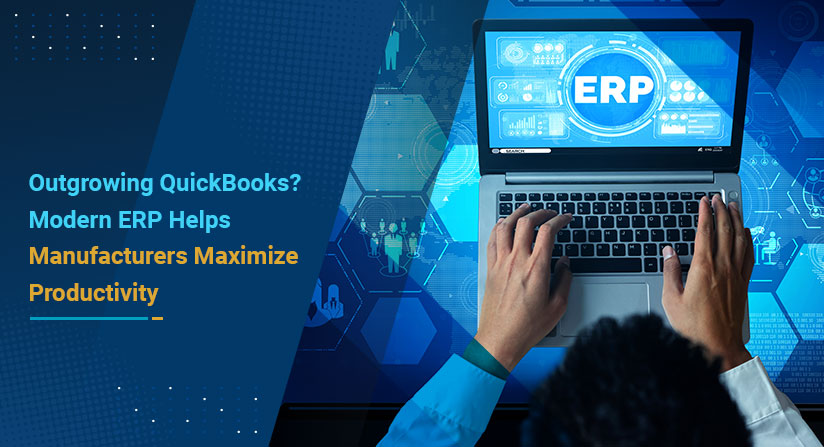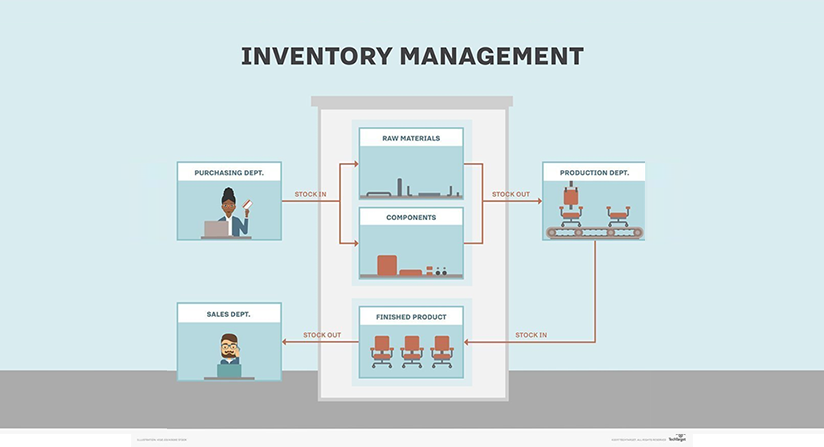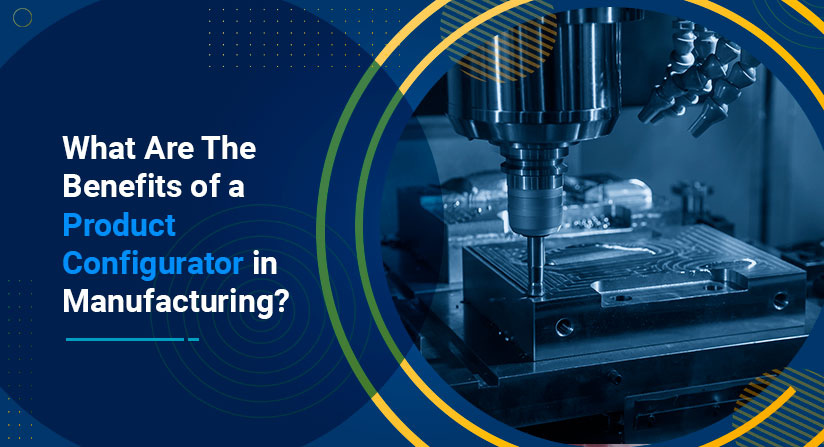Envision an automated forklift running down an aisle, stacking inventory into huge racks that tower 60 feet above the floor of your warehouse. Or an auto-guided robot that processes orders of up to 3,500 picks per hour! Could this be a warehouse of the 22nd century?
Well, you don’t have to wait that long! It’s a modern distribution warehouse where automation is changing paradigms over traditional warehouse operations right now.
With automated container-moving vehicles, the dramatic changes to warehouse management systems are showing profitable beginnings. The reason? Data-driven, highly flexible, and robotic automation solutions are improving performance every day.
These days a rising number of companies are looking for automation of their material handling activity. They believe this will improve processes and streamline shipping operations by lowering supply chain operating costs.
The manufacturing industry is working towards a system where a factory operates with minimal human intervention. It is trying to advance from piece picking to getting the bulk of work performed by vision-guided robots.
Poor warehouse management could lead to one of the most dangerous consequences at the workplace, low profitability. If you’re looking for a quicker way to improve the profitability of your business; you must adopt a solution that is more than logistics management software. Companies are opting for ERP software that supports the best warehouse management practices integrated with the back-office into one centralized solution. The essential features of a Warehouse Management System and much more are offered by an ERP Solution, to simplify and manage all of your backend and operational business processes.

You may be surprised to know that the logistics industry is an enormous market, worth over $4 trillion worldwide, affecting a wide range of business sectors. Although a manufacturer needs to control moving products for managing storage and warehousing, they also need to establish a logistics strategy. Stand-alone logistics management software or modules in ERP software can help them do this seamlessly. While the logistics industry uses data-driven software to increase automation and efficiency with things like advanced package labeling and streamlined warehouse sorting, currently, 80% of warehouses are still using manual labor. But, automation is expected to grow to $22 billion.
ERP software is here!
Rewind just 10 years. You could hardly find a shipper that didn’t require supply chain management software to handle its warehousing, transportation, and related trade operations.
Now, with Enterprise Resource Planning Software making inroads in the previously uncharted waters of SCM system, ERP also provides functionality that helps e-commerce, collaboration, global visibility, and advanced analytics. Gartner estimates that in terms of the number of new WMS deals, the leading WMS vendors have roots in ERP. ERP software has been expanding to include more supply chain management functions as well as the growing facets of finance, HR, distribution, sales, and services to run organizations. Defined by Gartner as “the ability to deliver an integrated suite of business applications,” ERP applications automate and support a range of administrative and operational business processes across multiple industries, including lines of business, customer-facing capabilities, administrative functions, and asset management aspects of an enterprise.
To learn more about a manufacturing ERP solution, contact us today!
Follow Us










